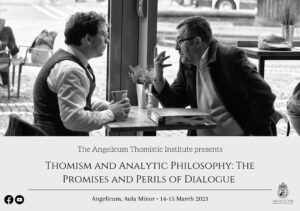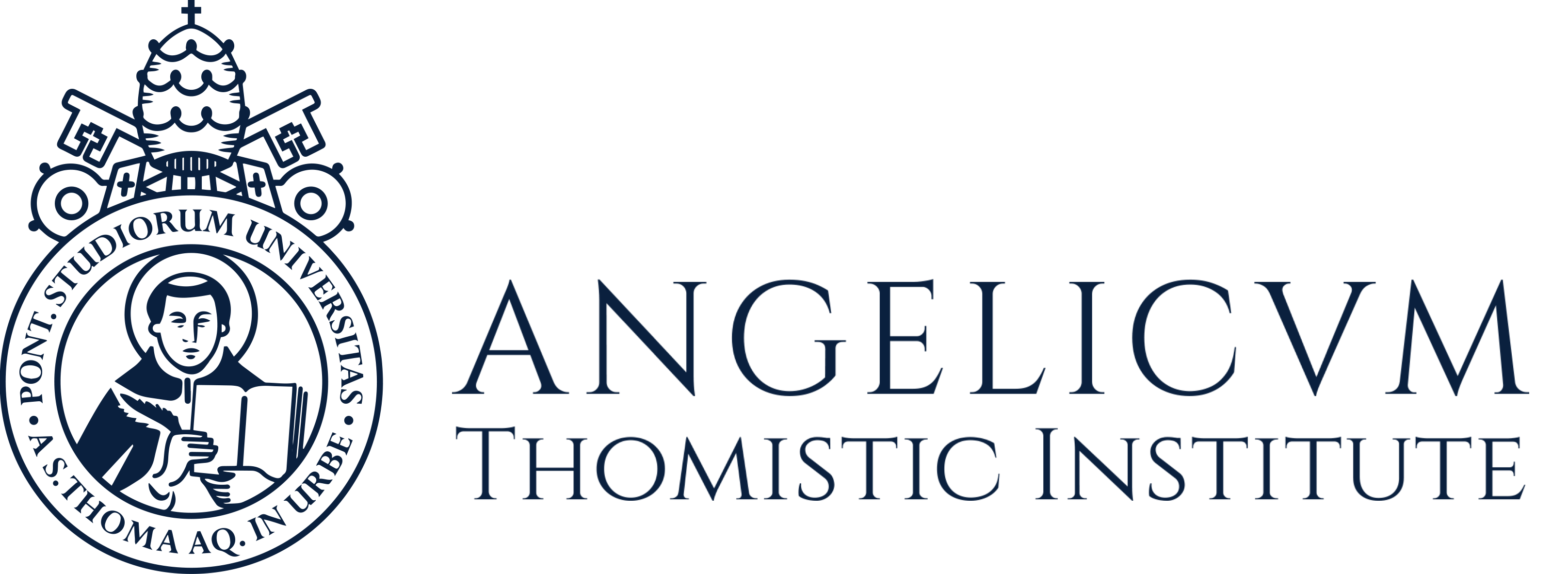Why Do Some Thomists Scoff at Analytic Philosophy?
Philip-Neri Reese, O.P.
Pontifical University of St. Thomas Aquinas
Sometimes, Thomists have been known to scoff at the mention of analytic philosophy and analytic philosophers. More specifically, Thomists have been known to scoff at the idea of engaging in dialogue and conversation with them. The purpose of this talk is to explore why that is so, and to inquire if any of the reasons given for their skepticism toward dialogue are good reasons. To that end, I will present such reasons as arguments against the prospect of dialogue, and I will separate these arguments into two groups. The first section of the talk will look at what I call “impossibility arguments” – i.e., arguments to the effect that the sort of dialogue in question is, strictly speaking, impossible. The second section of the talk will look at what I call “impracticality arguments” – i.e., arguments to the effect that the relevant sort of dialogue is too impractical to be worth pursuing. In the last section of the talk, I will consider the merits and demerits of these arguments, and draw some lessons that Thomists (and perhaps also analytic philosophers) who are interested in dialogue might learn.
Philip-Neri Reese, O.P., is a Dominican friar of the Province of St. Joseph and a Professor of Philosophy at the Pontifical University of St. Thomas (Angelicum) in Rome. He is also the principal investigator for the Angelicum Thomistic Institute’s new Project on Philosophy and the Thomistic Tradition. His main areas of research are metaphysics and anything adjacent thereto (the history of metaphysics, the methodology of metaphysics, etc.), with a special emphasis on the metaphysical thought of St. Thomas Aquinas and its subsequent reception and interpretation. His publications include articles on metaphysics, philosophical anthropology, ethics, and (scholastic) economics. He is also an enthusiast of classical Indian philosophy.
Related Content



